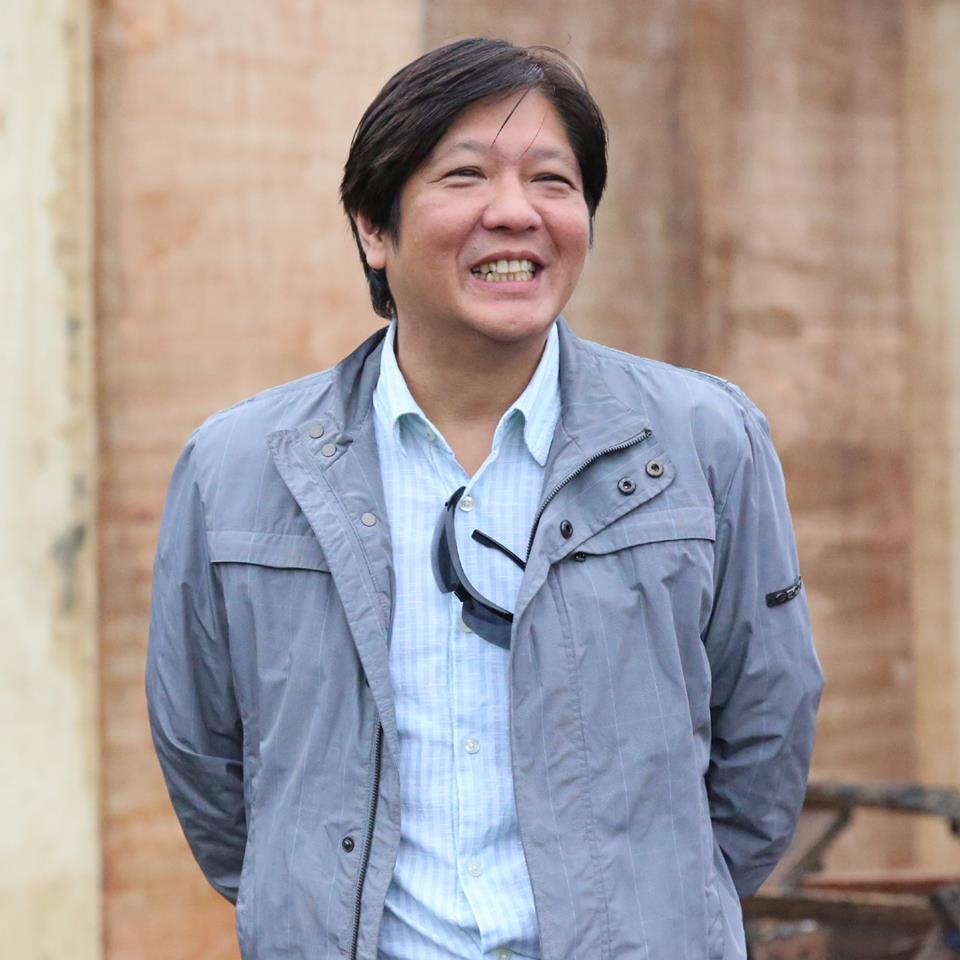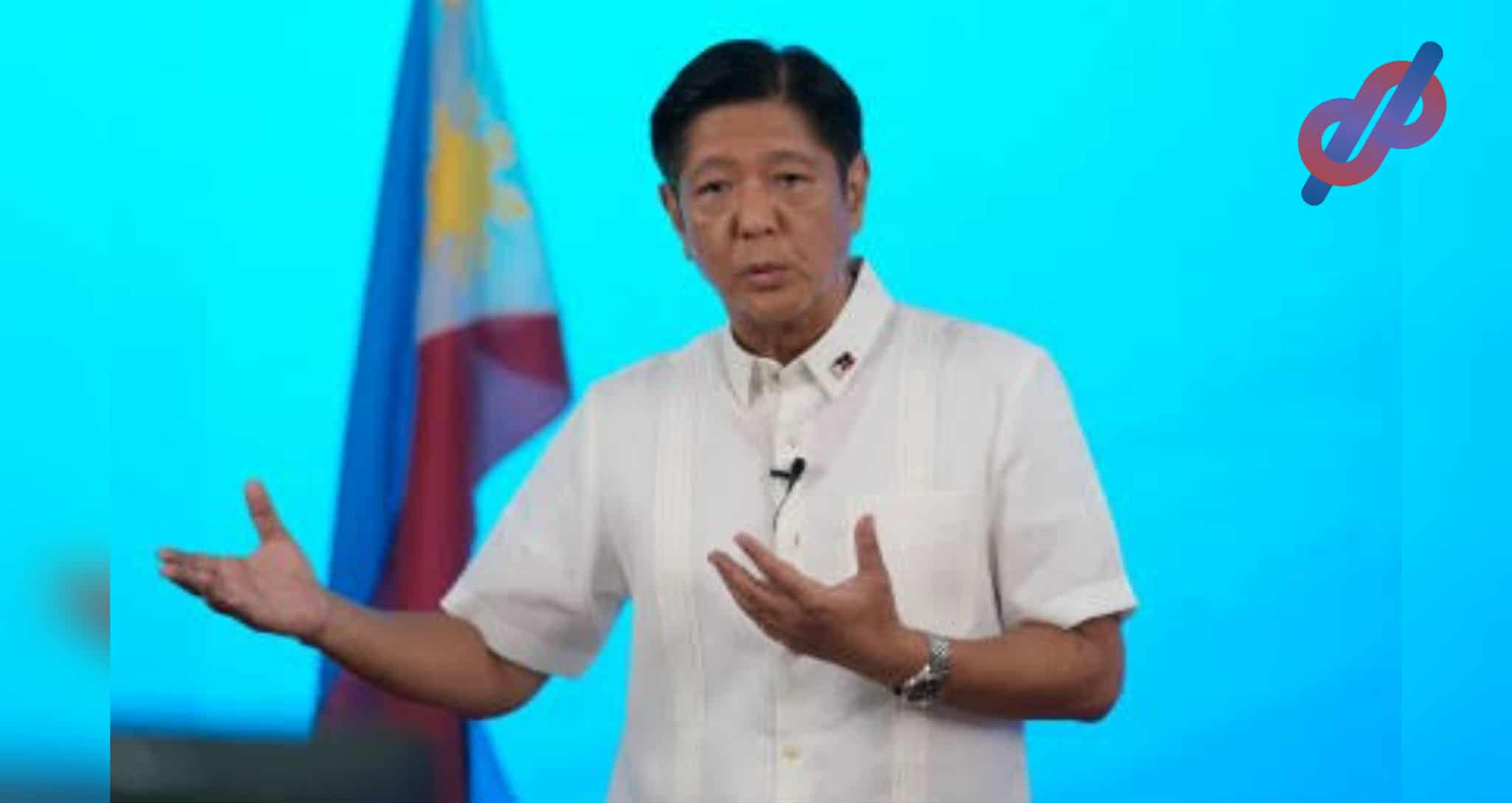Three years in, and the Marcos Jr. presidency is standing at a crossroads — one foot planted in reform, the other sinking into the quicksand of corruption and political chaos.

The numbers look good on paper: GDP growth averaging 5.6%, inflation cooling down, and infrastructure roaring ahead under the “Build Better More” program. But behind the glossy stats lies a storm of unfinished business, institutional erosion, and a feud so explosive it could torch the whole narrative.
Let’s start with the wins. Marcos Jr. has pushed through key economic reforms, including the CREATE MORE Act, which slashed corporate taxes and dangled incentives to lure investors. His administration has narrowed the pandemic-bloated budget deficit and appointed credible technocrats to helm economic agencies. Investors took notice. The Philippines began climbing back into the conversation of regional competitiveness.

But then came the cracks.
The abolition of the Presidential Anti-Corruption Commission raised eyebrows. The Maharlika Investment Corp., the country’s first sovereign wealth fund, launched with fanfare but little transparency. And while Customs reforms and procurement tweaks were introduced, they’ve been overshadowed by ghost projects, blacklisted contractors, and a flood-control scandal that left Filipinos drowning — literally.
And then there’s the feud. The Marcos-Duterte alliance, once hailed as a juggernaut of unity, has devolved into a political cage match. VP Sara Duterte’s resignation from the Cabinet came with accusations of corruption, assassination plots, and a surreal claim that the President smelled of alcohol at 10:30 a.m.. Marcos fired back with blacklists and budget cuts. The Supreme Court voided her impeachment — for now — but another attempt looms.
This isn’t just drama. It’s destabilization.
Capital Economics warns that the noise is rattling investor confidence. The Philippines is now ranked among the least politically stable countries in Southeast Asia. And while Marcos Jr. talks reform, the system he’s trying to fix is being undermined from within — by allies turned adversaries, institutions stripped of oversight, and a public growing weary of promises.
So what’s the real score?
Marcos Jr. has momentum — but it’s fragile. His reforms are meaningful, but they’re skating on thin ice. The feud with Duterte isn’t just a distraction; it’s a threat to governance, credibility, and continuity.
And unless the administration can silence the noise and double down on transparency, the second half of his term may be remembered not for what was built, but for what was broken.


